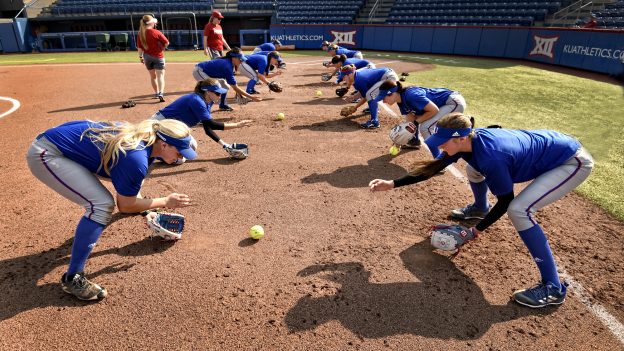Title: Lucky 7 for Seventh Day Adventist
General Information about Item:
- Customary Lore: Superstition
- Language: English
- Religion of Origin: Christianity
- Informant: David Ochollah
- Date Collected: 02/23/2018
Informant Data:
- David Ochollah is a Dartmouth sophomore from Nairobi, Kenya. He came to the in 2016 for his college studies and usually goes home once a year to visit his family. His family is religiously and they are members of the Seventh Day Adventist.
Contextual Data:
- Cultural Context: Seventh Day Adventists are mainly known for observing the Sabbath day on a Saturday, as opposed to other Christianity denominations that observe the Sabbath day on Sunday. Their name shows how much the seventh day of the week is special to them.
- Social Context: Seventh Day Adventist members spend most of their Saturday at church because it is a day dedicated to doing only God’s work.
Item:
- Seventh Day Adventists associate this number with good lucky because it is seen as a divine number in the Bible and the seventh day in the week is for praising the Lord. Because of 666 beings the Antichrist’s number, when something happens to be associated with seven it is seen as a good sign because it managed to went past 6.
Informant’s Comments:
- David is the last born in a family with seven members therefore seven has become extra special to him. He believes there is something special about it because there are 7 continents in the world, seven colors of the rainbow, seven seas and seven days in a week.
Collector’s Name: Taringana Guranungo
Tags/Keywords:
- seven
- Seventh Day Adventist
- lucky







